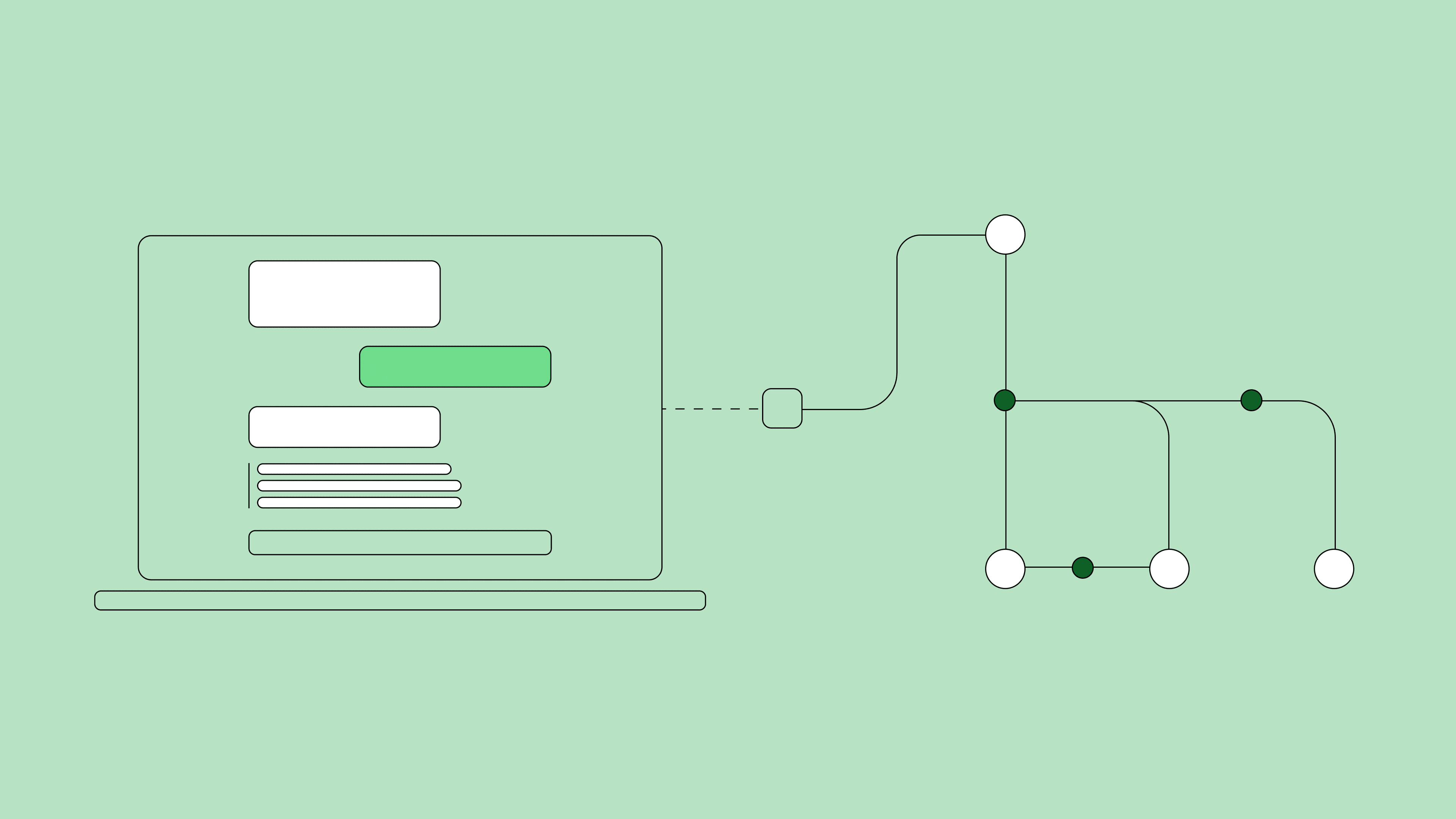The simplest protocol for AI agents to work together
IBM’s agent communication protocol lets developers maneuver LLM agents with greater flexibility and zero vendor lock-in.
It can be easy to take modern communication tools for granted. Back in the day, some of us relied on other people to manage important work tasks for us, and keeping track of everything was difficult.
Even on the internet. Before “HTTP” came along, most internet documents lived in isolation. Hypertext Transfer Protocol linked them and gave web browsers a common set of rules to access them.
AI agents today are a bit like webpages pre-HTTP. They are islands served by different frameworks and tech stacks. Custom integrations can be built to bridge the divide, but they can be expensive, brittle, and difficult to scale.
“Without a common standard, every integration is costly duct tape,” as IBM VP Armand Ruiz put it on LinkedIn.
IBM’s solution requires no duct tape. Its Agent Communication Protocol (ACP) gives AI agents a shared language to connect and collaborate to carry out complex, real-world tasks. ACP powers the open-source platform BeeAI, for discovering, running, and composing AI agents, which IBM contributed to the nonprofit Linux Foundation in March.
Watch this video on YouTube - I tried getting LLMs to work together using ACP (Agent Communication Protocol).
“Our goal is to build the HTTP of agent communication,” says Kate Blair, the director of product incubation at IBM Research who leads the team that built BeeAI.
ACP was designed to complement Anthropic’s Model Context Protocol (MCP), which in six months has become the standardized way for agents to access external tools and data. Built to support different layers of the stack, ACP and MCP can be used together in any multi-agent orchestration system, including BeeAI. ACP connects agents to agents; MCP connects agents to their tools and knowledge.
A pair of agents, for example, might use MCP to simultaneously gather market data and run a simulation, and then call on ACP, to compare results and make a recommendation. “To scale real-world AI systems, we need both,” Jenna Winkler, a product manager at IBM Research wrote on LinkedIn.
ACP and MCP are tailored for their respective roles. MCP uses JSON-RPC as its communication protocol, while ACP adopts a RESTful architecture implemented over HTTP, supporting both synchronous and asynchronous agent interactions.
ACP allows developers to interact with agents directly with tools like curl, Postman, or a simple web browser, without a dedicated software developer kit (though an SDK for Python and TypeScript are provided). ACP also allows agents to carry their own metadata so they can be found even in secure or air-gapped setups.
ACP opens new architectures beyond the “manager” pattern where a boss agent calls other agents. With ACP, agents can interact as peers, instead of through an intermediary. This matters if agents within an organization, or from outside, need to handle business on their own.
“Either one should be able to initiate a conversation or delegate a task,” says Blair. “Within an organization, you might have an agent triaging customer queries that should be able to send their customer to the right service agent which can then close out the ticket.”
The BeeAI team showed off an early version of ACP in March, at the AI Dev 25 conference in San Francisco hosted by tech entrepreneur and DeepLearning.AI founder Andrew Ng. A few weeks later, Google unveiled its own agent-to-agent protocol, A2A.
Is there room for two agent protocols? “Absolutely,” says Blair, “at least for now. It’s early days and I expect there will be a lot of iterations as protocols are put to the test under real-world use.”
As a community-led project with an open governance structure, ACP allows developers to adopt and improve on the standard without worrying about vendor lock-in. “We have monthly open community calls and an active GitHub discussion section,” says Blair. “We make sure the project always has tasks for community members to pick up and pitch in.”
And ACP is already part of the AI curriculum. Starting June 25, the Linux Foundation and BeeAI will offer a short course on ACP through Ng’s education platform, DeepLearning.AI. The ACP course will complement an existing course on MCP and be taught by IBM AI engineers Sandi Besen and Nicholas Renotte. Mark your calendar.
Related posts
- Deep DiveJuan Bernabé-Moreno
Boost your agents: Introducing ALTK, the open-source agent lifecycle toolkit
Technical noteKiran Kate, Jim Laredo, Vinod Muthusamy, Jason Tsay, Yara Rizk, and Zidane WrightAn artist’s tribute to modern AI
Q & AKim MartineauExpanding AI model training and inference for the open-source community
NewsPeter Hess
